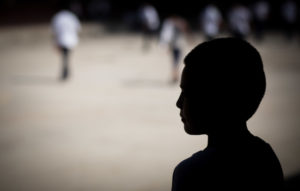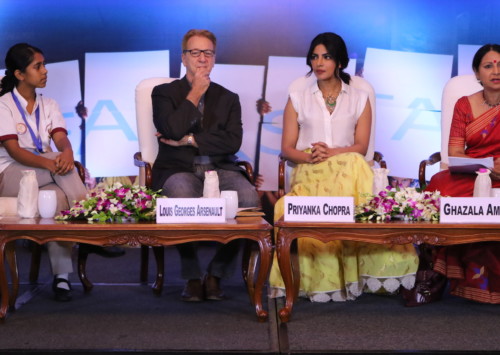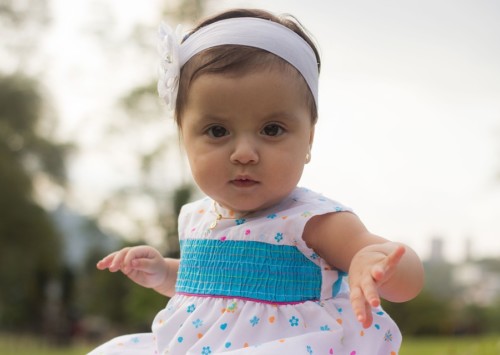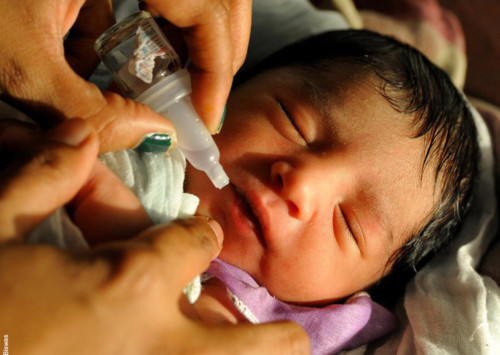UNICEF report highlights violence against children

UNICEF report showcases that there are multiple levels of challenges to be addressed regarding violence against children. Picture: UNICEF
In a recently released UNICEF report, the extent of violence against children in terms of corporal punishment was highlighted to show how all forms of the same can be observed across the world.
In a report titled ‘A familiar face: violence in the lives of children and adolescents’, UNICEF recorded the statistics of the violence along with suggestions on the way to combat the same. The report, focussing on different forms of violence and how they affect children and adolescents across ages, shows the occurrence of sexual, domestic and homicidal violence as an increasing phenomenon. The home as well as school, along with other institutions were highlighted.
“During early childhood, at the ages of 2-4, three-fourths of children (from the sample of 300 million), have been a victim of psychological aggression and or physical punitive measures, even at their home or by their caregivers,” outlines the report. “Six out of ten children aged 12 months, in about 30 countries are subjected to violent forms of discipline,” the report added. Speaking on sexual violence, the report showcased that about 15 million girls across the world, from the ages of 15 to 19 have experienced forced sexual intercourse or other similar acts in their lifetime, and only 1 pc of adolescents who are victims of sexual violence seek professional aid.
As per the report, in some part of the world, every 7 minutes, an adolescent is killed by a violent act, and Latin America and the Caribbean are the only regions in the world where the rate of homicides among adolescents have increased. As for violence in schools, the report states,”Half of the children who are of a school going age live in a country where corporal punishment at the school is not entirely prohibited.” On India’s situation with violence in schools, the report added, “While limited data exist about children’s exposure to corporal punishment by teachers, data collected in 2009 found that in India’s Andhra Pradesh and Telangana states, 78 pc of children aged 8 years and 34 pc of adolescents aged 15 years reported that they had been physically punished once, twice, most or all of the time during the past week by teachers at school.”
Cornelius Williams, Chief of Child Protection at UNICEF, stated: “The abuse of children around the world is truly concerning.” Williams added, “Babies are slapped; girls and boys are forced to engage in sexual acts; teenagers are murdered in their community. Violence against children spares no one and knows no limits.”
Call for action
As the scale of the violence against children grows, UNICEF’s report also made a few suggestions to tackle the situation, with a special appeal to governments as well as social structures to look into the matter. “To date, only 59 countries have adopted legislation that fully prohibits the use of corporal punishment at home, leaving more than 600 million children under age 5 without full legal protection. This lack of legal prohibitions is a clear sign that violent discipline remains a largely unacknowledged form of violence against children,” stated the report.
A national plan, which covers educational authorities and social protection, analysing and working on factors that shape adults who were the perpetrators of violence, as well as working on security measures were mentioned in the report, with data collection on violence being of key importance. In an increasingly aggressive society, where violence (or the threat of it), as a means of security, is a reality, UNICEF’s report has attempted to highlight its effects on society.













